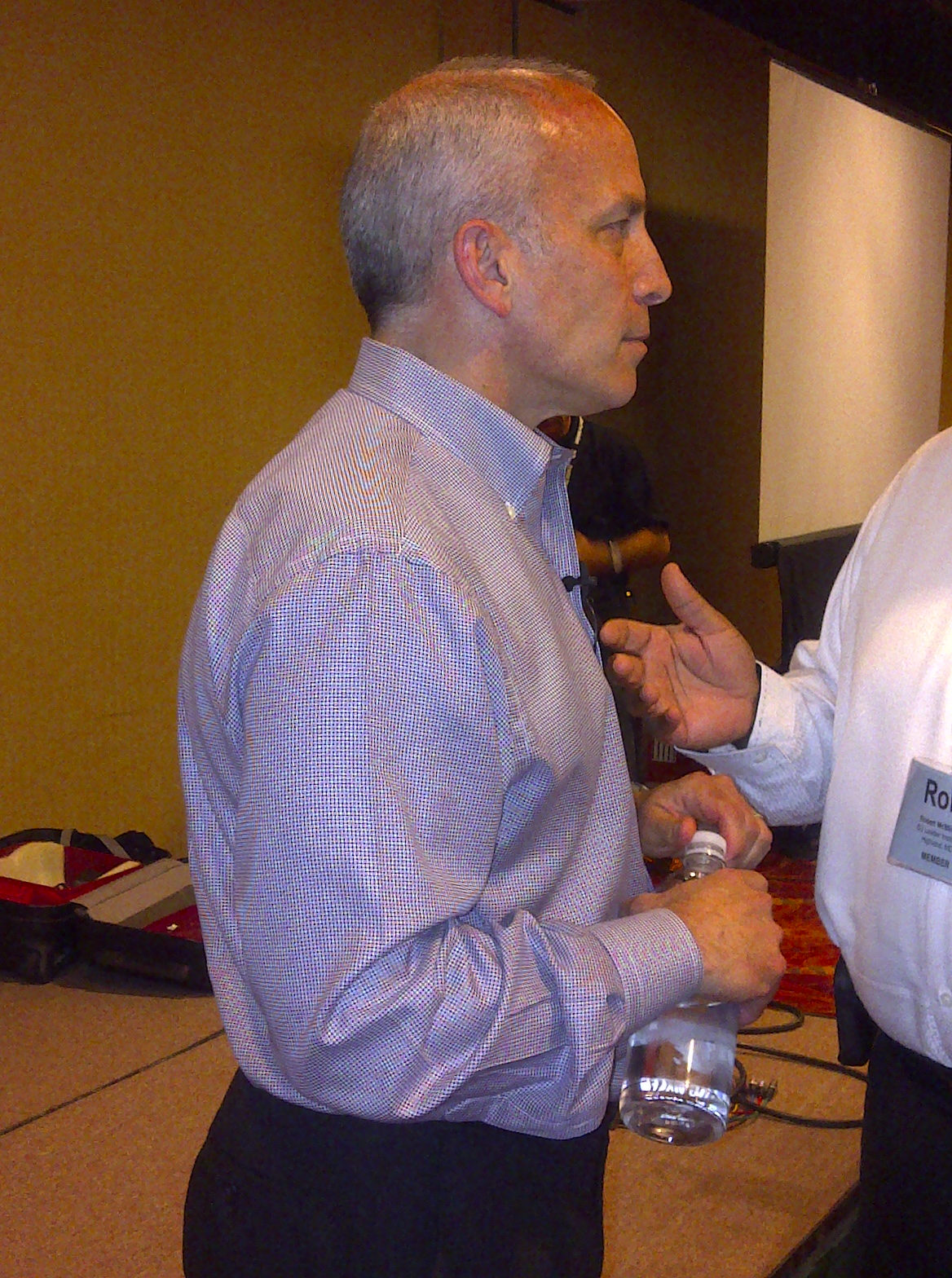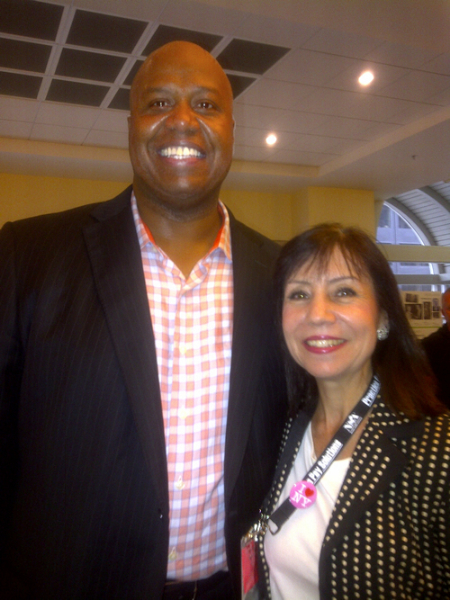 Born in the U.S.A. I was born in the U.S.A.
Born in the U.S.A. I was born in the U.S.A.
Bruce Springsteen
Like the Bruce Springsteen song, you were born in the U.S.A. But just because you're living and employed in the U.S., doesn't mean you're working in the U.S. culture. A client recently shared her surprising insights with me, as we were discussing my training program, Presenting to Senior Management. This client works for a well known corporation that's headquartered outside the U.S.
One Size Does Not Fit All Senior Management
Presenting to senior management continues to be a challenge for many in the workplace. I hear managers complain that their staff is excellent at presenting at staff meetings, but once they go before senior management, they unravel. Managers then feel obligated to attend every meeting. And their employees lose credibility because they defer to their manager, rather than owning their content.
While that scenario is fairly universal, communication becomes more complicated when the parent company is on foreign soil.
It's quite easy to misread the signals across cultures. Even when presenters are well-prepared, they can be perceived as over-confident by non-American senior managers. Americans can be perceived as aggressive without realizing it.
My client shared with me that senior management perceives staff as "not deferential enough". Presenters should refrain from saying "I recommend," advised my client. Presenters should instead substitute the words, "my proposal." The silence of senior management is frequently misinterpreted as acceptance by the U.S. staff, when in fact silence simply means senior management is not on board with the idea.
When this client asks her senior management what they think of a staff member's presentation, they may report that the presenter was "shallow". Upon further probing my client discovered the real meaning - the presenter was not deferential.
The next time you're presenting to senior management, remember it's not about living in the U.S.A. Company cultures are global. If senior management hails from another country, make sure you're familiar with their communication styles and values.
Whether you're company is based in the U.S. or abroad, you can learn how to communicate more effectively with senior management. Click here to learn more.

 The dream of most
The dream of most  Does your audience still hear your voice after your presentation?
This was one of the provocative questions asked at the 2013 National Speakers Association convention. The event was held in Philadelphia, the City of Brotherly Love. And I was loving this event! I came back excited and with new ideas to share with you.
Does your audience still hear your voice after your presentation?
This was one of the provocative questions asked at the 2013 National Speakers Association convention. The event was held in Philadelphia, the City of Brotherly Love. And I was loving this event! I came back excited and with new ideas to share with you.
 August 7th is Professional Speaking Day. Do you want to be a professional speaker?
I've been a
August 7th is Professional Speaking Day. Do you want to be a professional speaker?
I've been a Political candidates spend millions of dollars on advisers,
Political candidates spend millions of dollars on advisers,  The most difficult part of an advertiser's job isn't coming up with game-changing, original ideas. That's what they do day in and day out. The most difficult part is selling those ideas to clients—or, the pitch.
The most difficult part of an advertiser's job isn't coming up with game-changing, original ideas. That's what they do day in and day out. The most difficult part is selling those ideas to clients—or, the pitch. I recently came across this cartoon and started laughing out loud. It really resonated with me. I relate to that guy who's defaulting to something he knows and something he can understand. It's that old adage:
I recently came across this cartoon and started laughing out loud. It really resonated with me. I relate to that guy who's defaulting to something he knows and something he can understand. It's that old adage: 






 Some call it flop sweat. Others call it
Some call it flop sweat. Others call it 


 New York (April 29, 2013) — Two students, Ashley and Fang Fang, stole the show last night as they gave their two minute acceptance speeches to 600 attendees at the
New York (April 29, 2013) — Two students, Ashley and Fang Fang, stole the show last night as they gave their two minute acceptance speeches to 600 attendees at the